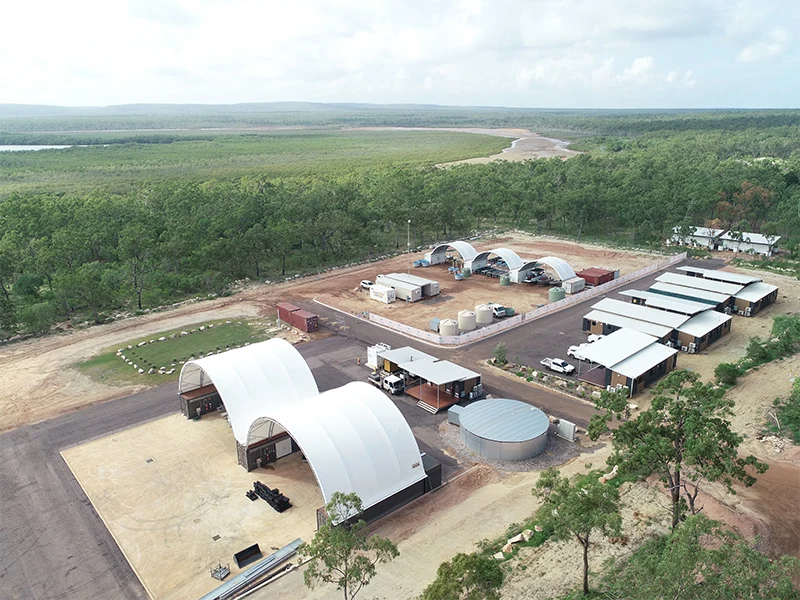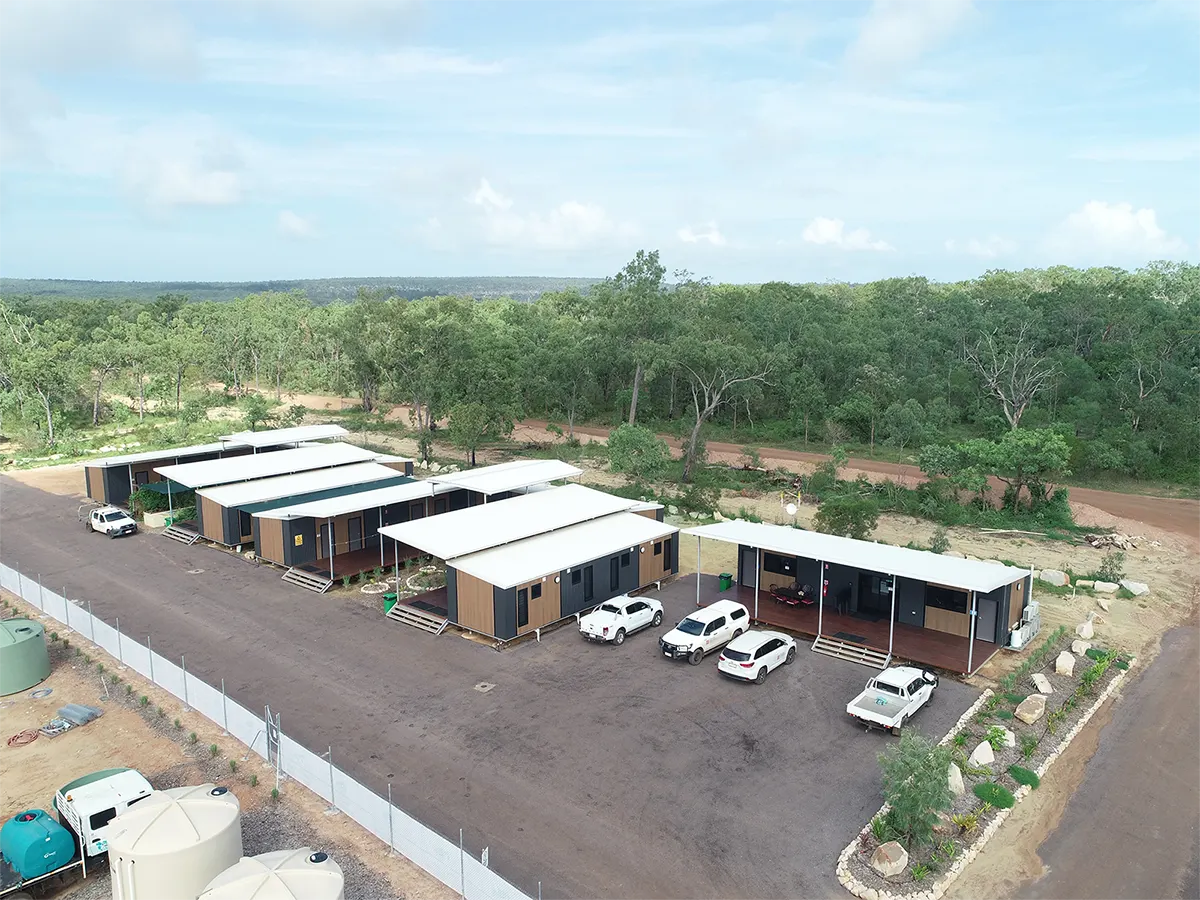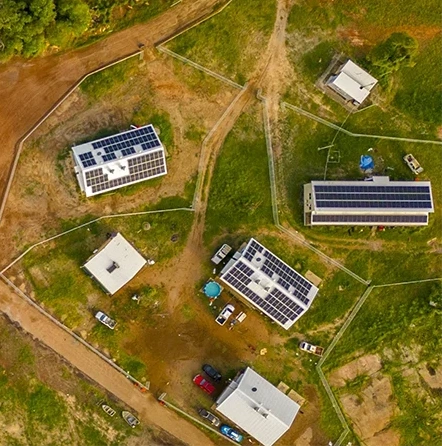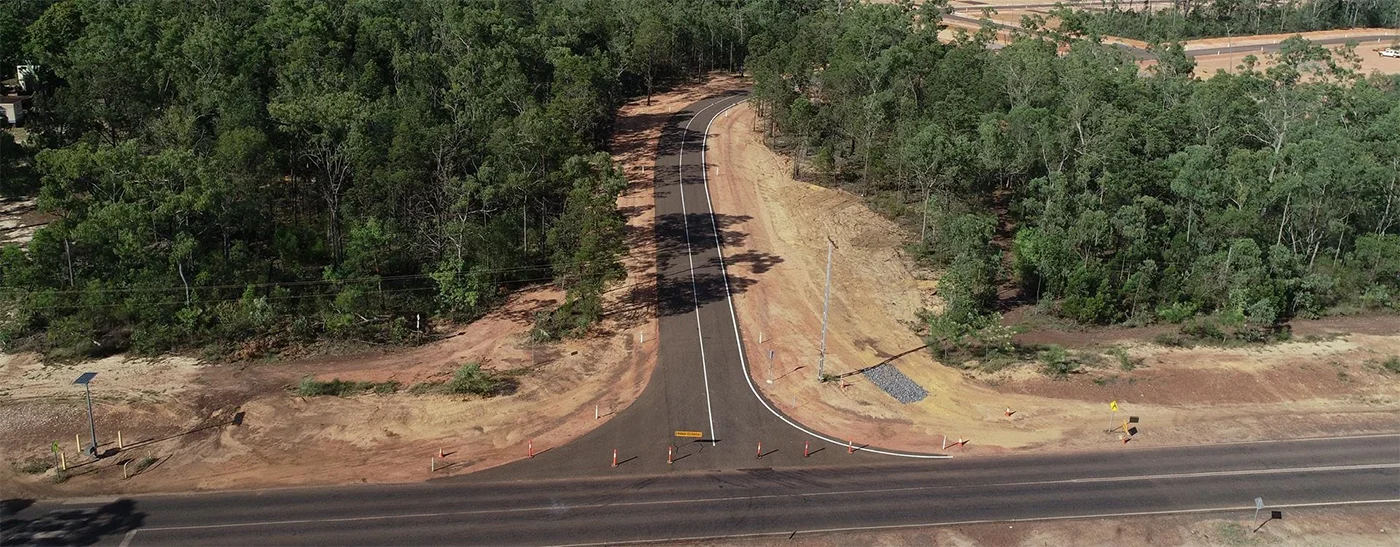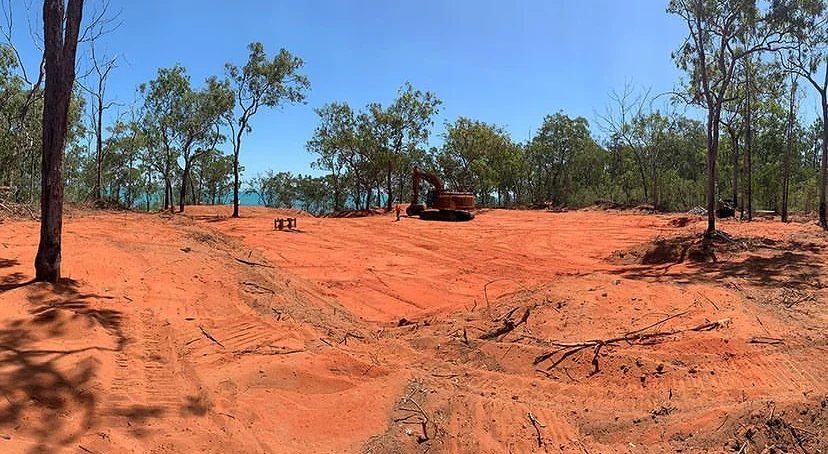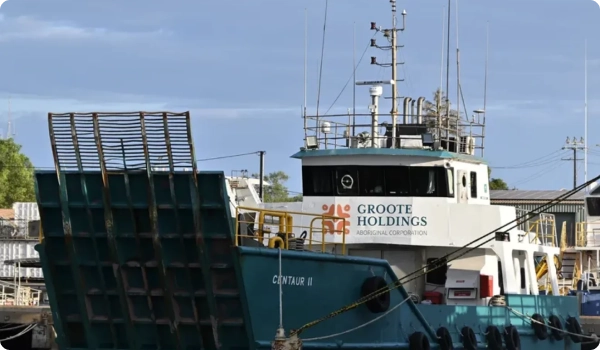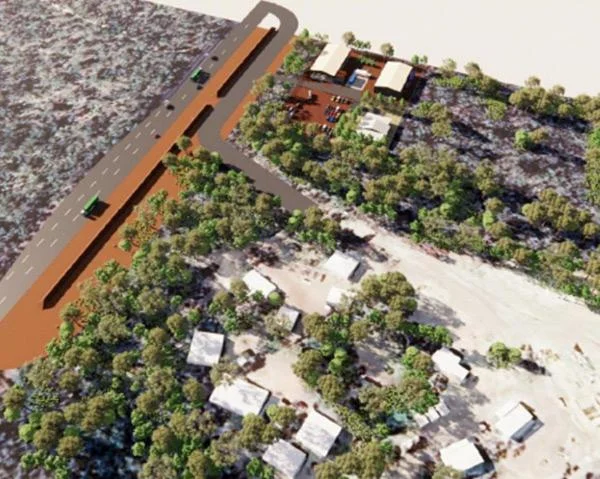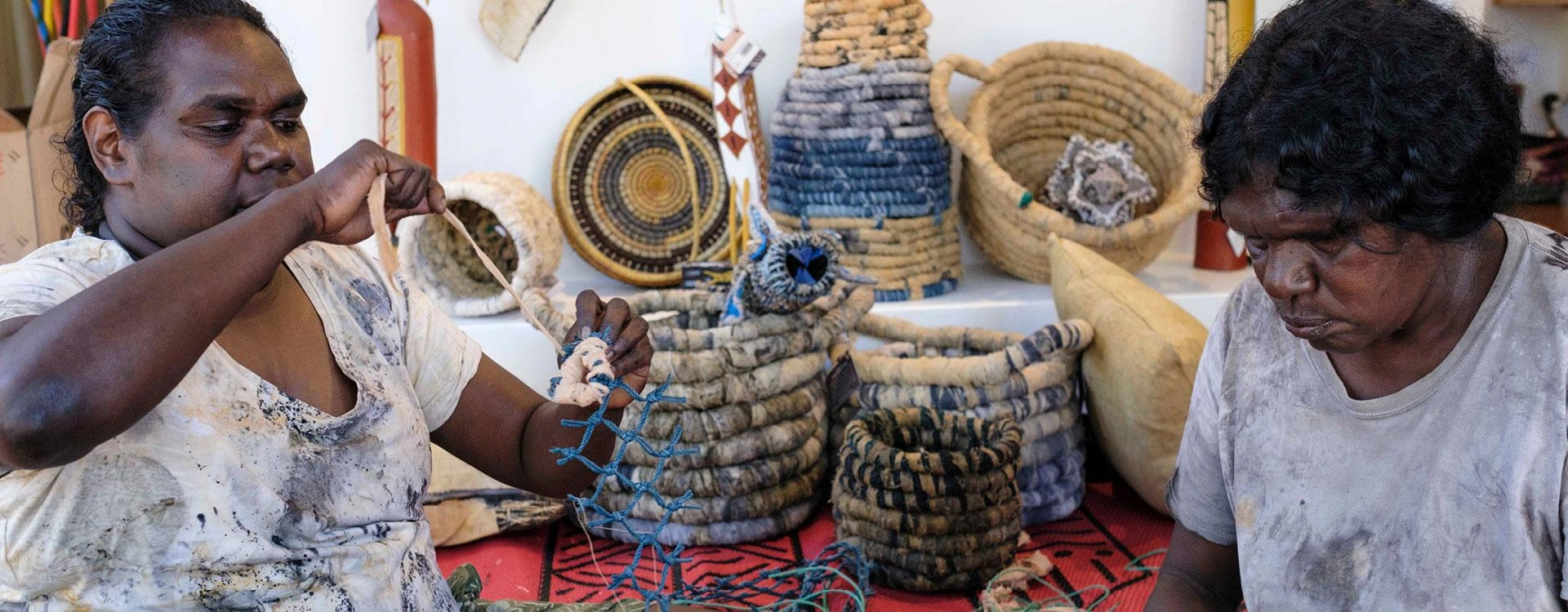Sustainable Aquaculture for a Thriving Future
Project Overview
At the heart of our aquaculture initiative lies a resolute commitment to sculpting a sustainable future for the Anindilyakwa people of the Groote Archipelago. While economic sustainability takes precedence, we steadfastly recognise the equal importance of social well-being, human health, and environmental harmony. Our decisions are not merely driven by economic gains but to uphold a balance that encompasses these vital facets of sustainability, which is woven into the very fabric of our project’s DNA.
We envisage the emergence of a hybrid economy, where traditional values harmonise seamlessly with modern economic endeavours. This synthesis ensures sustainable development, fostering a future where the Anindilyakwa people flourish economically while remaining deeply rooted in their cultural legacy.
Every decision is a step toward preserving cultural heritage, cultivating economic prosperity, and nurturing environmental resilience. Together, we can build a path towards a sustainable future that celebrates the synergy between tradition and progress in the Groote Archipelago.
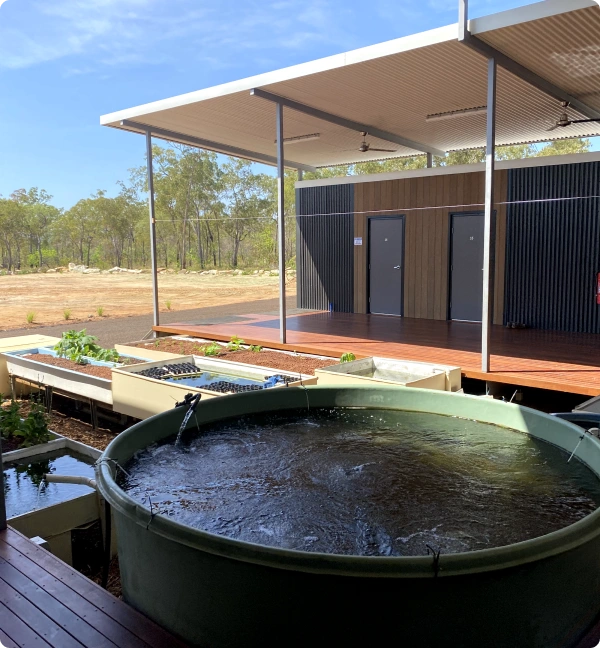
Aquaculture Methodology
Our aquaculture practices are deeply rooted in the rich tapestry of Anindilyakwa culture and tradition, resonating with the environment and the people it serves. The essence of our work lies in collaboration—with the community, for the community, and for generations to come.
Unlike traditional aquaculture, which can have detrimental environmental impact due to the wastes it generates, our approach mimics a well-balanced ecosystem where “waste” is actually a resource.
Diverse Species, Sustainable Growth
Cultivating not just seafood but a thriving and interconnected ecosystem, our aquaculture initiative stands as a testament to our commitment to biodiversity and sustainability. Within the expansive waters of the Groote Archipelago, we foster a rich tapestry of marine life, recognising that true sustainability extends beyond economic gains to embrace the delicate balance of our environment. Our vision goes beyond mere cultivation; it’s about sculpting a flourishing and interconnected aquatic community. Each species plays a pivotal role in the intricate dance of nature, contributing to a harmonious and sustainable future for the Anindilyakwa people and the Groote Archipelago.

Black Jewfish
In our concerted effort to enhance biodiversity and support local fisheries, we are initiating a planned breeding program for Black Jewfish. This program, scheduled to commence this year, is designed to bolster the population of Black Jewfish, contributing not only to the economic sustainability of local fisheries but also promoting the conservation of this valuable marine species.

Sea Cucumber (Trepang)
Our Sea Cucumber initiative is grounded in a robust foundation of carefully select broodstock individuals from the pristine and productive Salt Lake on Groote Eylandt. These mature individuals serve as the linchpin in providing a consistent and sustainable supply of fertilised eggs for cultivation. This meticulous approach ensures a continuous production cycle, underpinning our commitment to the long-term viability of Sea Cucumber farming and its economic and environmental benefits.

Blacklip Oysters
Venturing into Blacklip Oyster cultivation, we have embarked on a comprehensive breeding program. Despite initial challenges, our breeding attempts have yielded success in spawning. With each successful attempt, we gather valuable insights to refine our processes. Poised for continued efforts, we are dedicated to overcoming challenges and establishing a thriving Blacklip Oyster farming venture and support our neighbouring oyster farming communities of the North with high quality spats.

Seaweed Cultivation
Our Seaweed Cultivation spans a diverse array of species, each chosen for its unique properties and applications. Among them, Caulerpa lentillifera, commonly known as Sea grapes or green caviar, stands out for its high market value. Asparagopsis taxiformis, renowned for its methane-busting properties, contributes to environmental sustainability. Gracilaria, an agar-producing seaweed, holds industrial significance, while Ulva exhibits intriguing bioactive properties. This multifaceted approach to seaweed cultivation aligns with our commitment to sustainable practices and diverse economic opportunities.

Rabbitfish
Introducing Rabbitfish into our aquaculture portfolio marks a significant step towards sustainability. Being herbivorous, Rabbitfish eliminate the need for artificial feed that is typical in other carnivorous fish farming practices such as salmon or barramundi. Instead, they consume seaweed, transforming low-cost biomass into high-quality nutrient-rich fillets. This not only supports local consumption but also showcases our dedication to innovative and eco-friendly aquaculture practices.
Sea-to-Plate Initiative: Sustaining Communities Through Ocean Harvests
Current development are underway as we prepare to submit three applications for Aboriginal Coastal (fishing) Licenses, a crucial step towards launching our sea cucumber harvesting project at the stunning Salt Lake. The harvested sea cucumbers will undergo meticulous processing into trepang, forming a vital element of our comprehensive fisheries initiative.
Our team will be mullet fishing, capitalising on the abundant presence of this species in the targeted area. The harvested mullets will play a dual role in our community-centric approach. A portion will be directed to the GHAC centre’s community kitchen, ensuring food for our staff and tenants. Importantly, a significant quantity will contribute to our plan of preparing and distributing 1000 meals per day, extending the benefits of our fishing efforts to the broader community.
